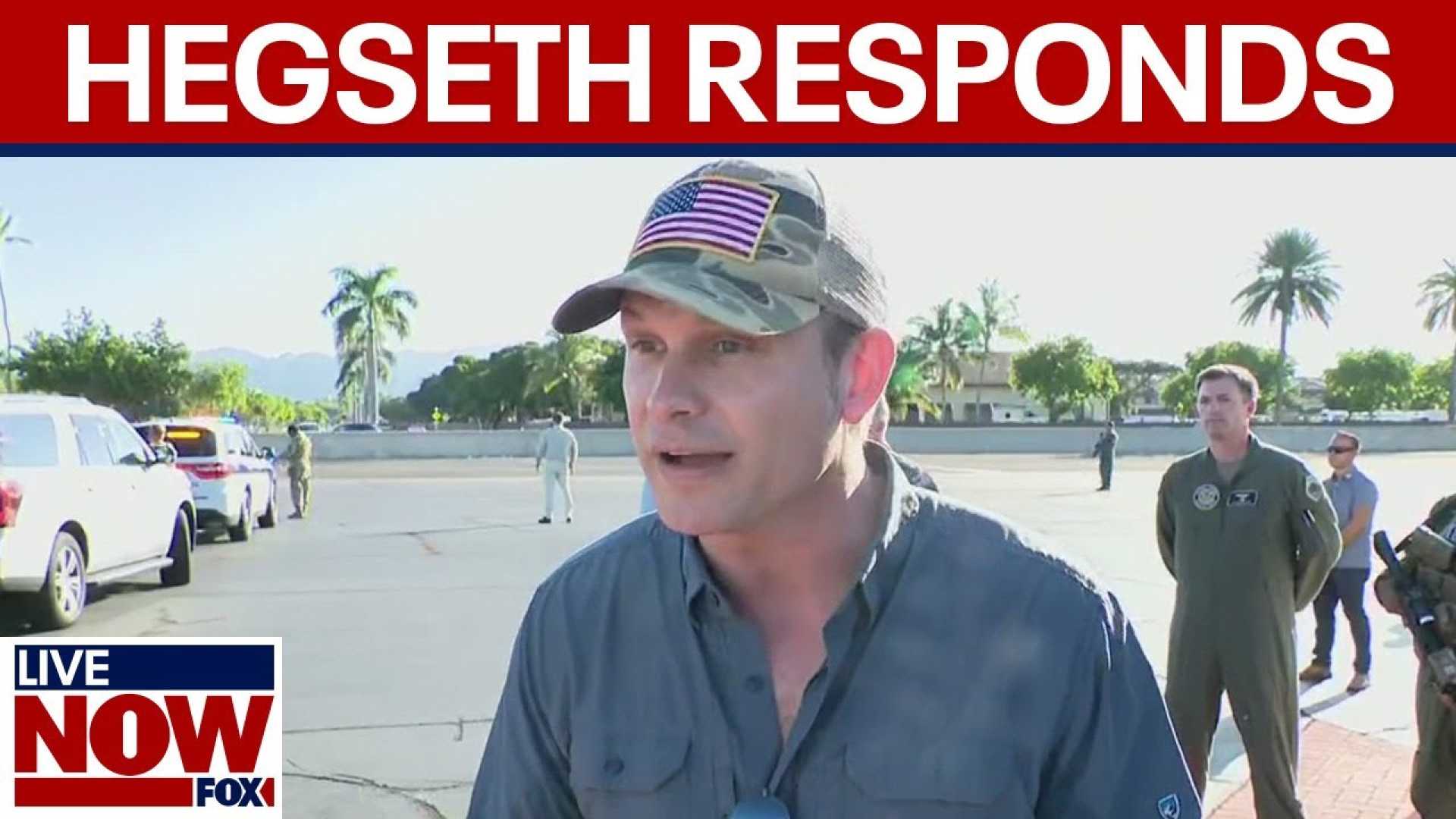Politics
Sensitive Strike Details Leaked in Signal Chat, Sparks Controversy

WASHINGTON — Defense Secretary Pete Hegseth reportedly shared sensitive details about U.S. military strikes against Yemen during a private Signal chat with family and friends, raising concerns about security protocols and the handling of classified information. The New York Times revealed on April 20, 2025, that Hegseth disclosed flight schedules and attack plans for operations targeting Houthi militants in Yemen in a chat that included his wife, brother, and personal lawyer.
The chat, named “Defense | Team Huddle,” was created earlier this year and was separate from another Signal group in which Hegseth mistakenly included a journalist from The Atlantic. The information revealed in the recent chat reportedly mirrored details shared in the earlier group, which prompted criticisms about the security of discussing classified military action on unsecured platforms.
According to multiple sources cited by the Times, the exchange on March 15 included specifics on airstrike plans against Houthi positions. A U.S. official, speaking on condition of anonymity, asserted that no classified information was discussed in the chat, emphasizing that the platform was meant for informal discussions among Hegseth’s close associates.
The leak comes as tensions rise following a U.S. airstrike on the Ras Isa port in Yemen, which resulted in over 70 casualties according to Houthi sources. This incident marked a significant escalation during a military campaign initiated by President Donald Trump in response to Houthi attacks on shipping routes and threats against Israel.
U.S. Central Command stated that the strikes aimed to eliminate sources of fuel that support the Houthi operations. No comments were made regarding potential civilian casualties. However, the Houthis condemned the strikes as “unjustified aggression” targeting civilian infrastructure crucial for the Yemeni people.
Hegseth faces scrutiny over both his use of Signal and the implications of leaking military plans. Critics, including former Defense Secretary Chuck Hagel, warn that such discussions on unsecured messaging platforms compromise the safety of U.S. service members and elevate risks to national security.
As the repercussions of the leaked information unfold, there are broader questions regarding accountability within the administration. Hegseth has reiterated his commitment to curbing unauthorized leaks, while President Trump has called the situation a “witch hunt,” defending Hegseth amidst growing concerns.
The complex nature of these developments reflects ongoing challenges in balancing operational security with the rapid dissemination of information in increasingly dynamic political arenas.












